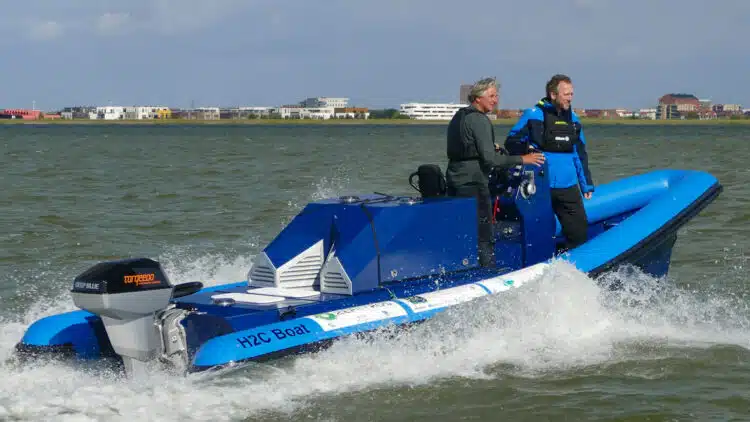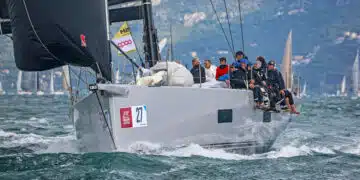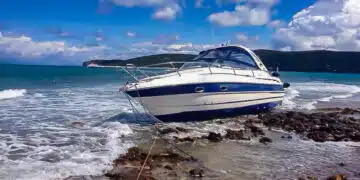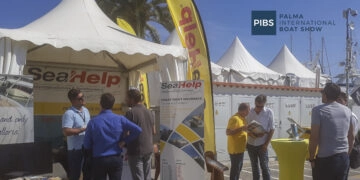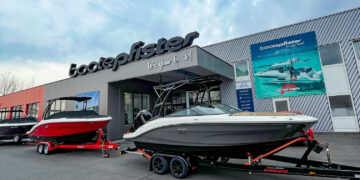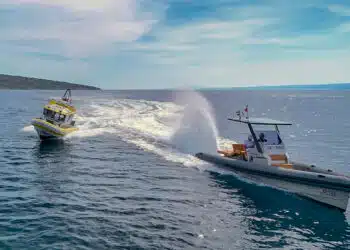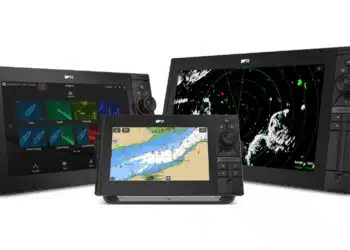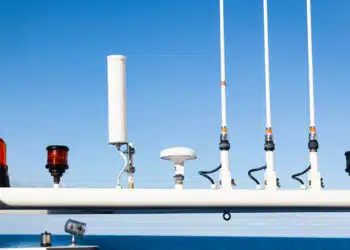H2C-Boat is the name of a new, innovative rib from the Netherlands. The boat, which is powered by an electric motor, was recently presented for the first time at a sailing regatta. The special feature: on board there is a hydrogen cell as well as a hydrogen tank. SeaHelp is engaged in the field of e-mobility on the water on and presents interesting, forward-looking projects in loose succession.
The future on the water is electric – in loose succession we present new, innovative projects dedicated to e-drives on boats (see already our news on ed-tec of the former chief strategist of VW, Michael Jost). A new project at least as exciting has now been unveiled by the Dutch sailing organization Watersportverbond at the 2023 Sailing World Championships in The Hague: the first zero-emission, hydrogen-powered RIB, the H2C-Boat.
“The H2C-Boat revolutionizes sailing and paves the way to a more sustainable and environmentally friendly future,” says Torqeedo, which says it is the market leader in electric mobility on the water and was instrumental in developing and equipping the project.
Several organizations and companies as well as TU Delft were involved in the planning and construction of the innovative boat
In addition to the Bavarian company, which now belongs to the DEUTZ Group, the Dutch start-up H2 Marine Solutions was responsible for the realization. The H2C Boat was the result of a successful collaboration also with De Stille Boot and the Delft University of Technology (TU Delft).
Torqeedo supported the project by providing the Deep Blue 50R outboard motor, the Deep Blue 40 lithium-ion battery and by contributing significantly to the energy management system. The H2C Boat is powered by a 40 kWh Deep Blue battery and an additional 51 kWh of hydrogen capacity.
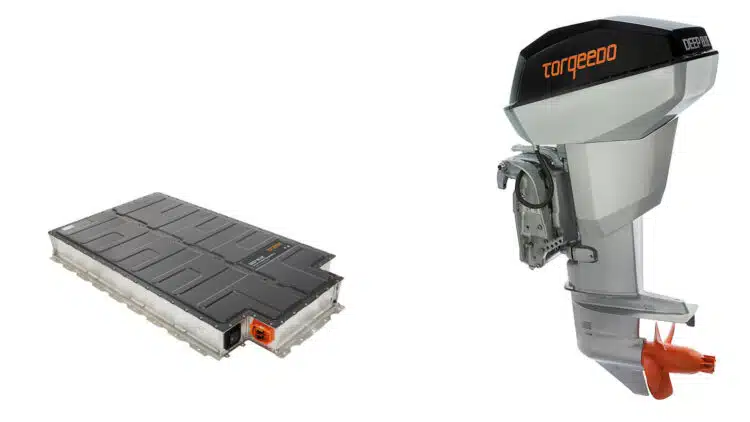
The H2C boat is said to be able to offer a quiet and completely emission-free alternative to conventional comparable RIBs
The on-board hydrogen fuel cell serves as a range extender and is said by the manufacturer to allow for “at least five hours of operation on the water.” The innovative boat, which is six meters long and has a top speed of 45 km/h, should be able to offer “a quiet and emission-free alternative to conventional RIB boats,” if the companies involved have their way.
“Sailing is about harnessing the power of nature, wind and waves. From now on, we can offer the range, runtime and performance, needed in sailing”, said Fabian Bez, CEO of Torqeedo, at the launch of the H2C boat. He added that the collaboration with H2 Marine Solutions is an important milestone on the road to making maritime transport more sustainable.
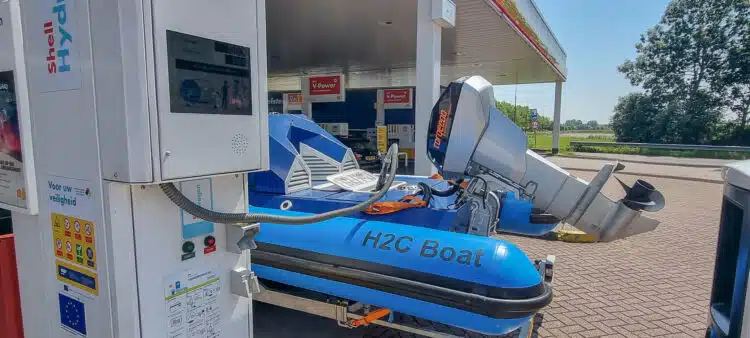
The ecological footprint of large-scale events on the water should be improved; the idea for the H2C boat comes from sailing coach Jaap Zielhus
Marcel Schaap, founder and CEO of De Stille Boot, emphasizes the far-reaching impact of the H2C Boat project: “the presence of hundreds of RIB boats at the World Championships shows the potential of this project to reduce the environmental footprint of sailing events.”The sailing community’s new sustainability goals aim to make the use of zero-emission RIB boats at major regattas a reality by 2030.
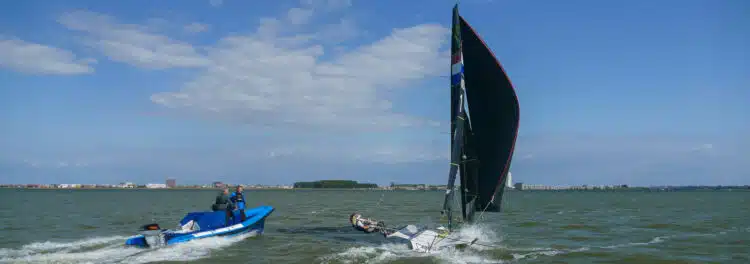
Originally, the H2C-Boat project was born from an idea of the Dutch Olympic sailing coach Jaap Zielhuis during the 2018 World Championships in Denmark. The good, focused and ultimately successful partnership between the Sailing Innovation Centre, Watersportverbond, TU Delft, De Stille Boot, Intelligent Energy, Hyfly, Koedood Marine Group and Habbeké Shipyard was instrumental in the success of the project.
The development of the hydrogen-powered H2C-Boat was part of the Zephyr project – with the goal of reducing emissions ever further
The development of the H2C-Boat was also part of the Zephyr project, which aims to demonstrate the implementation of a renewable hydrogen chain in the maritime sector in the Netherlands – from renewable power generation to use in ships – with the goal of reducing emissions taxes ever further.
“Fuel cell technology in the maritime sector is still under development. As pioneers of electrification, we have designed our electric propulsion systems to use renewable energy, from solar and wind power to energy from fuel cells powered by hydrogen or other CO2-neutral liquid fuels,” says Torqeedo CEO Bez.


